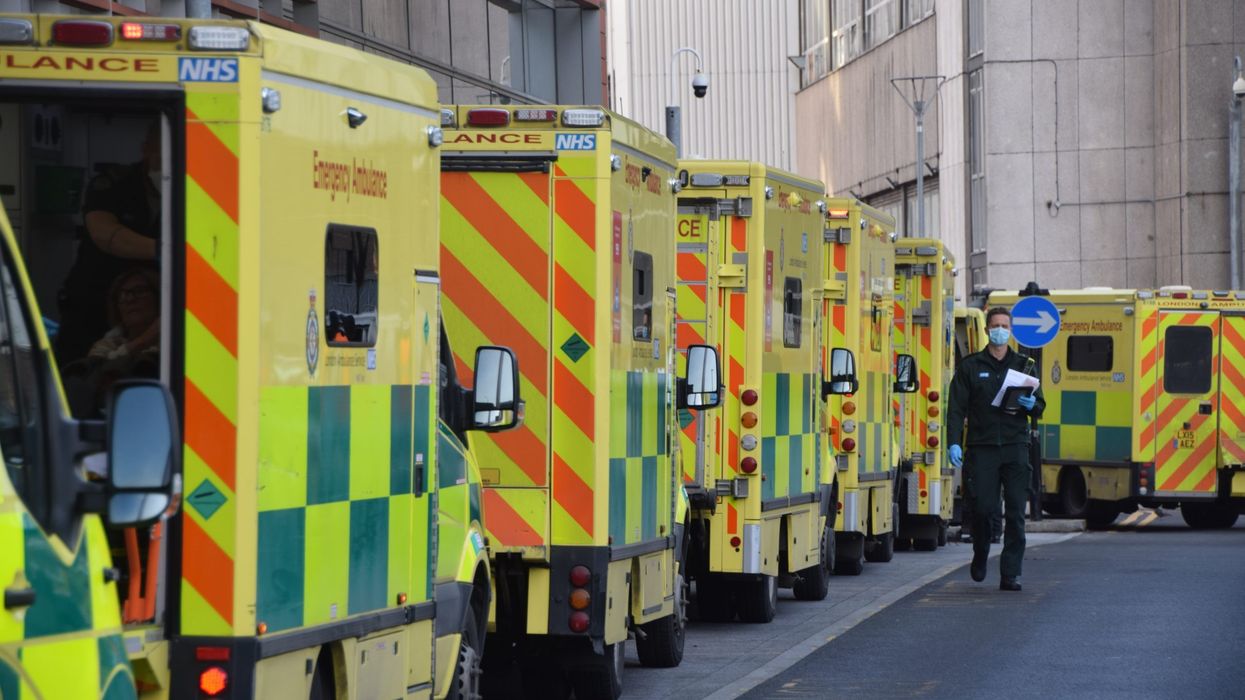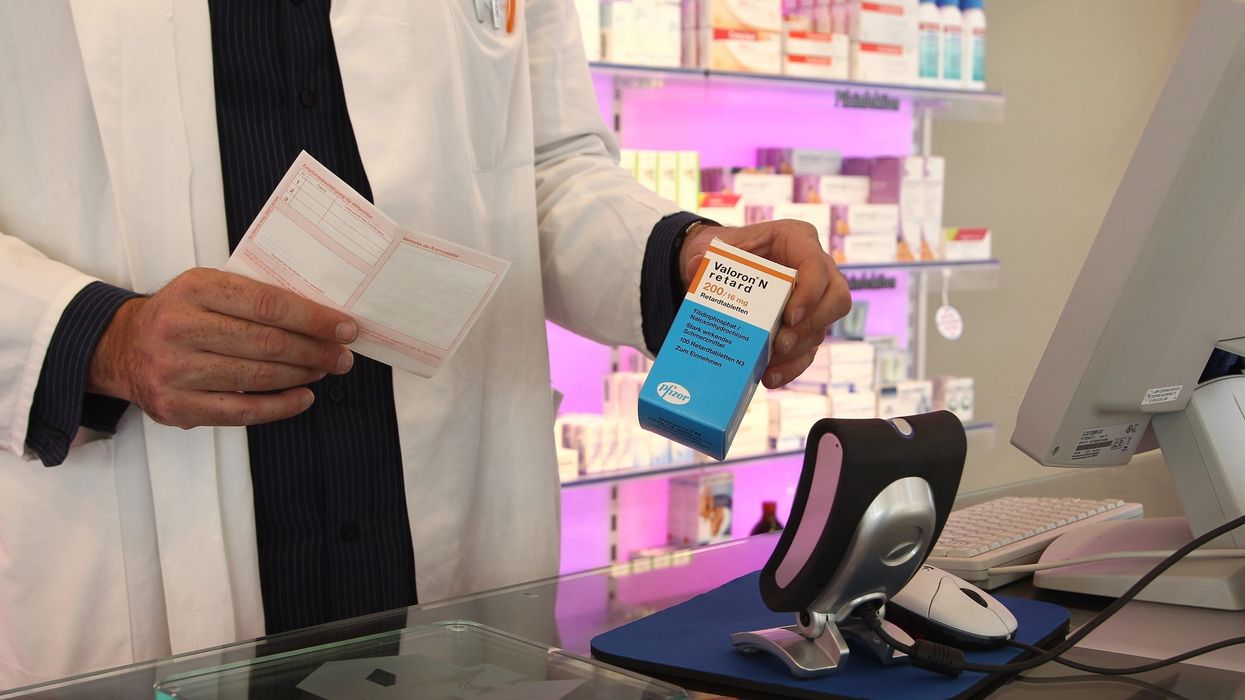Female deaths by suicide are increasing at a higher rate than male deaths in England
The Department of Health and Social Care (DHSC) on Thursday (30th November) announced the launch of a new suicide surveillance system, bolstering its efforts to tackle emerging methods of suicide and clamp down on those seeking to sell dangerous products to vulnerable people.
For now, the DHSC will work with the National Police Chiefs’ Council to gather near to real-time data from across the country on deaths by suspected suicide by gender, age group and method.
The data will be obtained from individual police forces in England and the government will get it within three months of a suspected suicide, the DHSC said in its release.
Previously, the only suicide data available at a national level was provided by the Office for National Statistics (ONS), but it could take up to 2 years for the official ONS data to come through.
Mental Health Minister Maria Caulfield said: “Every suicide is a tragedy and has a devastating, enduring impact on families and communities, but we are working at pace to reduce the number of suicides, support those reaching the lowest point and tackle emerging methods and harmful online material.
“The national suspected suicide surveillance system is vital to achieving this, and will provide important near real-time data so we can spot anomalies in age, gender and method more quickly and take the necessary action to save lives,” she added.
Female deaths by suicide are increasing at a higher rate than male deaths in the country, the health department informed, stressing the importance of identifying such trends as early as possible so that preventative measures can be taken to save lives.
The government will publish a monthly report on the new datasets, which will help indicate any change in suicide trends early, as well support the future rollout of a national alert system to notify schools, universities and charities of emerging methods of suicide and risks.
Launching the national suicide prevention strategy earlier this year, the UK government had pledged to reduce England’s suicide rate within two and a half years.
“Suicide has a devastating impact, we must do all we can to protect people and reduce preventable death,” said National Police Chiefs’ Council lead for Suicide Prevention, Assistant Chief Constable Charlie Doyle
He welcomed the government’s announcement and ensured to work with partners to reduce suicide.
Encourage or assisting suicide is an offence under the Suicide Act in the UK, where the Online Safety Act 2023 also ensures social media companies proactively prevent people from seeing content that encourages or assists suicide.
Data for England for the 15 months to August 2023 showed an obvious change in trend in overall suspected suicide rates over the period, but the country saw a reduction in suspected suicide rates in the most recent months.
Measures to support mental health
An additional investment of £2.3 billion a year is being made into mental health services to help two million more people access NHS-funded mental health support by 2024, the DHSC informed.
Furthermore, a £10 million fund was recently launched for the voluntary sector in England to carry out crucial work to save lives until 2025.
The UK government is also investing £150 million up to April 2025 to better support people experiencing, or at risk of experiencing, mental health crises.
The investment will be used to support the roll out of mental health ambulances and delivery of over 160 projects - including alternatives to A&E - to ensure people receive specialist care in appropriate spaces and help ease pressure on the NHS.
Mental health workforce is growing continuously and helping cut waiting lists, thanks to the NHS Long Term Workforce Plan, which aims to grow the mental health workforce by 73 per cent by 2036 to 2037.
Help and support is provided for anyone experiencing suicidal thoughts on the NHS website.













